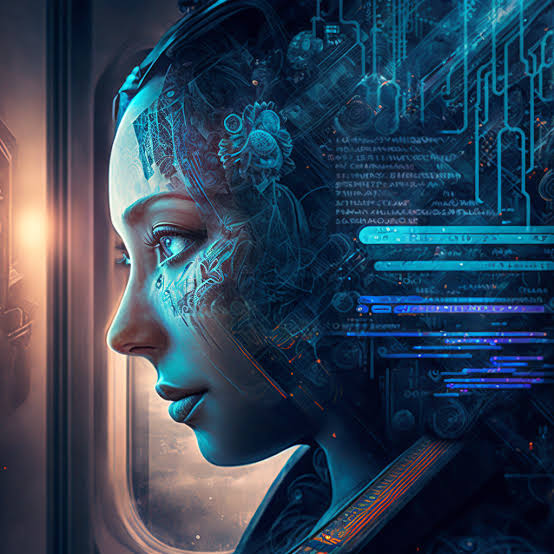
Artificial Intelligence: Understanding its Essence, Functionality, and Significance
In an era defined by rapid technological advancements, artificial intelligence (AI) emerges as a cornerstone that is reshaping industries, societies, and everyday life. Broadly speaking, AI refers to the simulation of human intelligence in machines that are programmed to think, learn, make decisions, and carry out tasks that typically require human intelligence.
This capacity encompasses everything from understanding natural language to recognizing patterns and solving complex problems. As we delve deeper into the essence of AI, its workings, and its profound impact on the world, it becomes evident why this technology is not just a fleeting trend, but a pivotal element steering us towards an unprecedented future.
i. What is Artificial Intelligence?
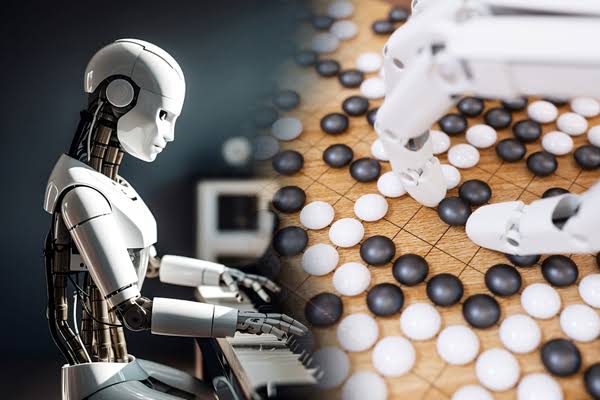
At its core, AI is the branch of computer science dedicated to creating systems that can perform tasks that would otherwise demand human intelligence. These tasks include learning (the acquisition of information and rules for using the information), reasoning (using the rules to reach approximate or definite conclusions), and self-correction. AI systems are powered by algorithms, ranging from basic decision-making trees to complex neural networks mimicking the human brain.
ii. How Does AI Work?
AI operates through a combination of data, algorithms, and computing power. The process begins with data collection, where vast amounts of data are gathered to “train” AI models. This data then undergoes preprocessing to become usable for algorithms. Following this, machine learning (ML) algorithms analyze the data, learning patterns and making decisions based on previous examples without being explicitly programmed for each specific task.
Deep learning, a subset of ML, further enhances this process by using complex neural networks. These networks, with their multiple layers, can handle massive amounts of data, learning from each interaction and progressively improving over time. This iterative learning process is what makes AI systems seem “intelligent.”
iii. Why Does AI Matter?
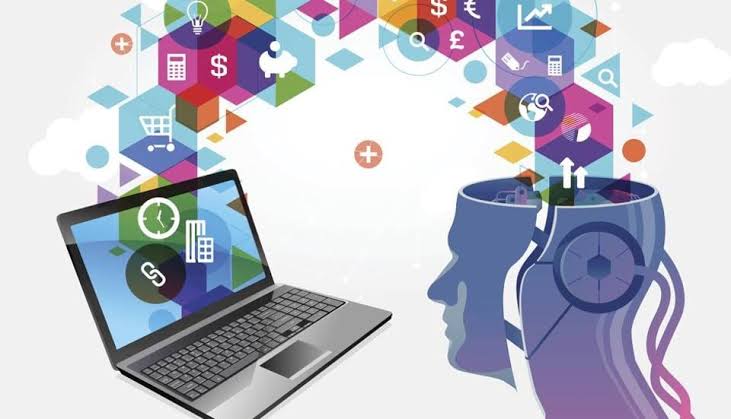
A. Enhancing Efficiency and Productivity: AI automates routine and complex tasks, from manufacturing to customer service, leading to increased efficiency and productivity across various sectors.
B. Solving Complex Problems: AI has the potential to address some of the world’s most pressing challenges, including climate change, healthcare, and poverty. By analyzing complex datasets, AI can uncover patterns and insights that are beyond human capability.
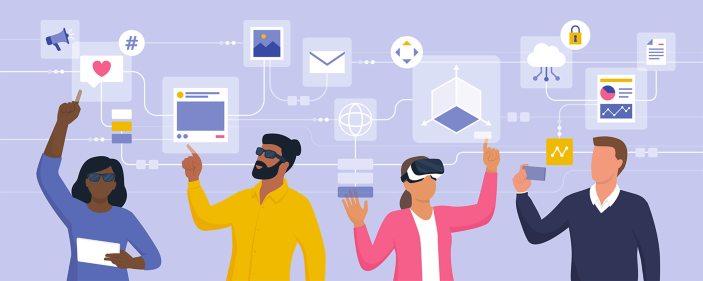
C. Personalizing Experiences: From tailoring online shopping recommendations to customizing learning experiences, AI’s ability to analyze individual preferences enriches customer and user experiences.
D. Driving Innovation: AI encourages innovation by enabling new products, services, and ways of working. It’s a key driver in the development of autonomous vehicles, smart cities, and personalized medicine.
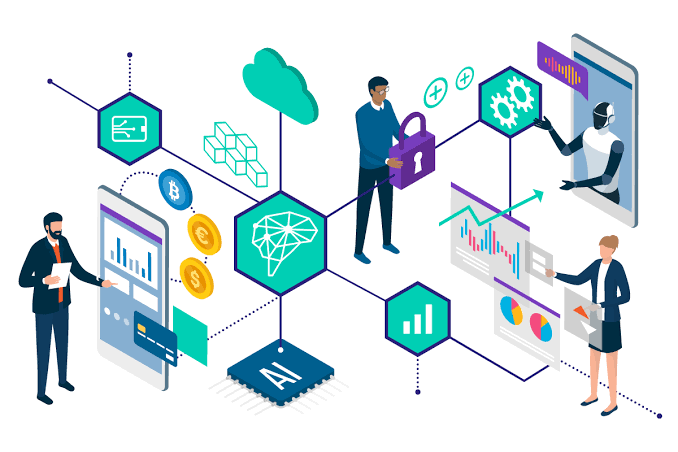
E. Transforming Industries: Every sector, from finance and education to healthcare and entertainment, is being transformed by AI’s capabilities, leading to more effective strategies and improved outcomes.
iv. A glimpse into how AI works
o Data is king: AI systems are powered by vast amounts of data. They analyze this data to identify patterns and relationships.
o Learning algorithms: AI uses sophisticated algorithms to learn from data. These algorithms get better at making predictions and decisions the more data they process.
o Different approaches: There are various AI techniques, including machine learning, deep learning, and natural language processing. Each approach tackles specific problems.
v. AI is transforming numerous industries
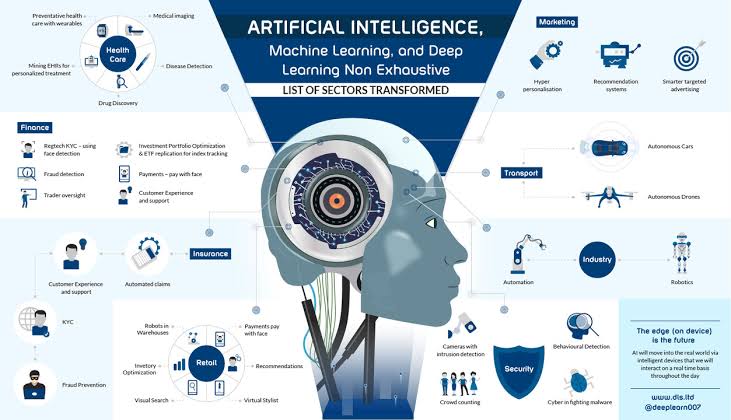
o Healthcare: AI assists in disease diagnosis, drug discovery, and personalized medicine.
o Transportation: Self-driving cars and optimized traffic management systems are powered by AI.
o Manufacturing: AI robots automate tasks, improve efficiency, and ensure product quality.
o Customer service: Chatbots provide 24/7 support and personalized recommendations.
vi. Ethical Considerations and Future Challenges
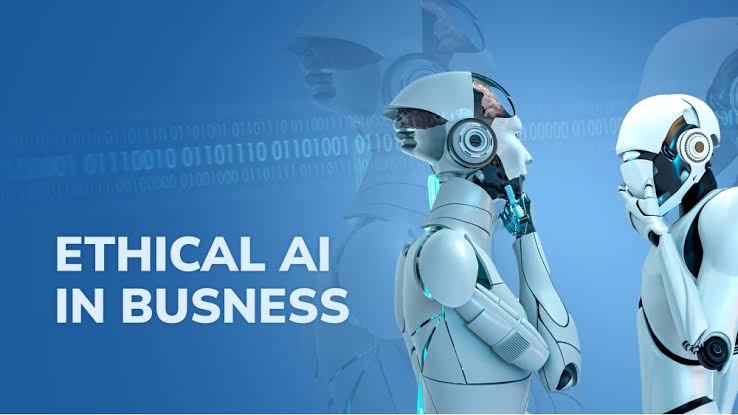
As AI becomes more integral to our lives, ethical considerations and challenges arise, including concerns about privacy, security, and the displacement of jobs. The risk of reinforcing biases present in training data further underscores the need for transparent, fair, and responsible AI development and deployment.
Moreover, the “black box” nature of some AI systems, particularly deep learning, poses challenges in understanding and explaining how AI makes certain decisions. Addressing these challenges requires a concerted effort from policymakers, developers, and stakeholders to ensure AI benefits humanity while minimizing potential drawbacks.
vii. The Significance of Artificial Intelligence
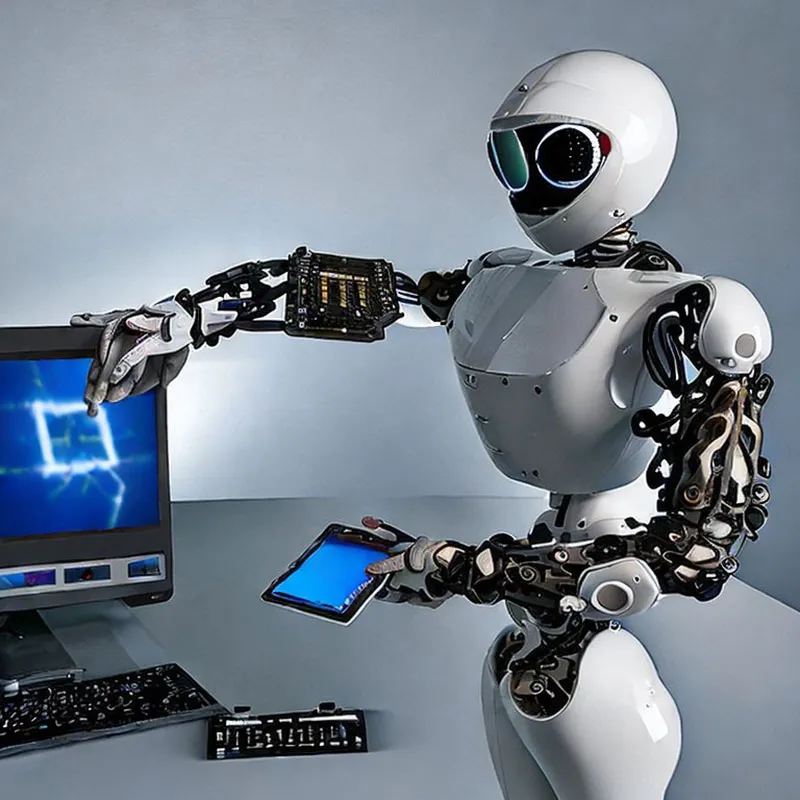
A. Enhancing Efficiency and Productivity
AI-driven automation streamlines repetitive tasks, enabling organizations to operate more efficiently and allocate human resources to higher-value activities. From manufacturing and logistics to healthcare and finance, AI optimizes processes, reduces costs, and accelerates innovation.
B. Enabling Personalized Experiences
AI powers recommendation systems and personalized services that cater to individual preferences and needs. From personalized content recommendations on streaming platforms to targeted marketing campaigns and adaptive learning platforms, AI enhances user experiences and fosters customer engagement.
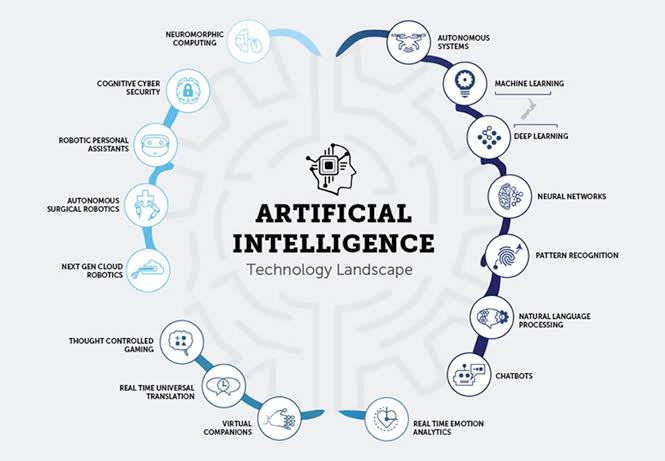
C. Advancing Healthcare and Medicine
In healthcare, AI holds the promise of revolutionizing diagnosis, treatment, and patient care. AI-powered medical imaging facilitates early detection of diseases, while predictive analytics models help identify at-risk patients and optimize treatment plans. Virtual health assistants and telemedicine platforms extend healthcare access to remote areas and improve patient outcomes.
D. Driving Innovation Across Industries
AI fuels innovation across various sectors, unlocking new opportunities and disrupting traditional business models. From autonomous vehicles and smart cities to predictive maintenance and personalized medicine, AI-driven technologies drive transformative change and shape the future of industry and society.

E. Addressing Societal Challenges
AI has the potential to address complex societal challenges, from climate change and environmental conservation to poverty alleviation and disaster response. By analyzing vast amounts of data and generating actionable insights, AI enables more informed decision-making and empowers organizations and policymakers to tackle pressing global issues.
viii. Conclusion
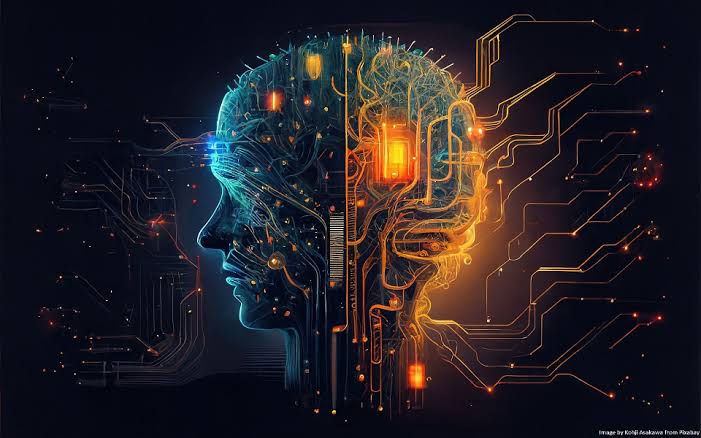
Artificial Intelligence stands as a transformative force in the modern world, capable of driving unprecedented efficiencies, innovations, and solutions. As we stand on the brink of this AI-driven era, it becomes crucial to foster a deep understanding of AI, its workings, and its implications. Embracing AI with an informed and ethical approach promises not only to enhance our present but to shape a future where technology and human ingenuity converge for the collective good.
ix. Further references
Artificial intelligence: What it is, how it works and why it matters – ISO
TechTargethttps://www.techtarget.com › AI-A…What is Artificial Intelligence and How Does AI Work?
LinkedIn · Alexander S.6 reactionsThe Rise of Artificial Intelligence: Why It Matters
ZDNethttps://www.zdnet.com › articleWhat is AI? Everything to know about artificial intelligence
McKinsey & Companyhttps://www.mckinsey.com › what…What is AI (Artificial Intelligence)?
